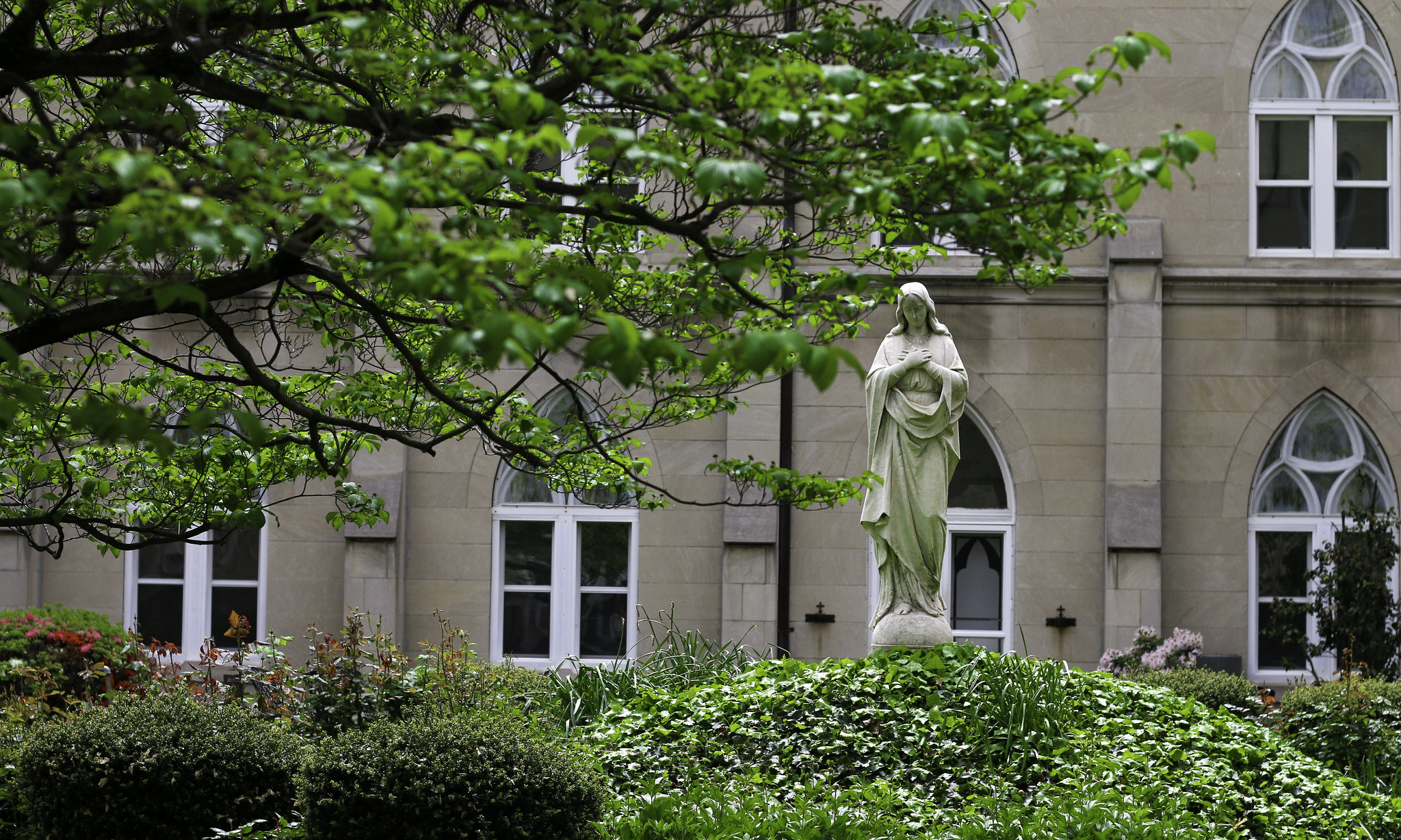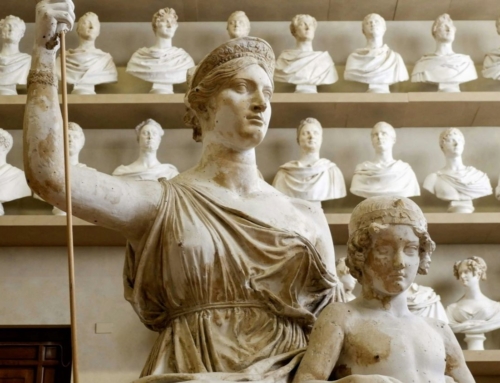God takes gardening seriously, yet his care is unlike that of any other gardener. According to the psalms, we are the “stock which the Lord’s right hand has planted” and are “planted in the house of the Lord” (Psalm 80:15). Furthermore, we “flourish in the courts of our God” because the “trees of the Lord are watered abundantly” (Psalm 92:13; 106:16). Each of us is the Lord’s own beloved creation. We each have a soul created immediately by God that he “plants” and “waters.” Whether we like it or not, no matter who we are or what we have done, we are the Lord’s because he has created us. Nothing would exist or operate according to its nature if it were not planted and watered by the Lord’s sustaining love. God assures us of his love and care, then, by the very fact that he gives us existence and divine help to live a human life. Yet, this is not the only extent of God’s care for our souls.
The New Testament goes on to reveal the depths of God’s generosity and care for human souls. In John’s Gospel, Jesus says, “I am the vine, you are the branches. He who abides in me, and I in him, he it is that bears much fruit, for apart from me you can do nothing” (John 15:1,5). Not only does God create us, sustain us in existence, and give us divine help to live a human life, but as the spiritual author Father Arintero writes, “the Word came into this world and became the Son of Man to make men sons of God and to fill them with His life, restoring and gathering together all things to draw them to Himself” (The Mystical Evolution, 2). In other words, the second person of the Most Holy Trinity becomes flesh in the womb of the Blessed Virgin Mary, suffers, dies, rises, and ascends “to make us live by Him as He Himself lives by the Father” (Arintero, 1).
It is through the revelation of Jesus Christ that the soul “who believes . . . the Scripture has said, ‘out of his heart shall flow rivers of living water’” (John 7:38). In Jesus Christ, the Father gives a second assurance of his love and care for our souls: the life of grace, divine sonship, the indwelling of the Holy Spirit, and the fount of “living water.” This communication of divine life is distinctive because it means that “God, by adopting us, makes us capable of enjoying His eternal heritage,” a heritage that “gives us full rights to His inheritance, which is not limited, paltry, and perishable, but eternal and infinite; for it is the Kingdom of God, or rather God himself” (Arintero, 86-87).
God no longer only waters his plants, sustaining and helping them according to their natures, but he also pours out his very life so that souls may “never thirst again” having the spring of “life giving water” within them. The divine gardener, then, cares for our souls by creating them, sustaining them, giving divine help to them to achieve their natural ends, and finally, by recreating them with an interior spring of His own divine life.
✠
Photo by Father Lawrence Lew, O.P (used with permission).







